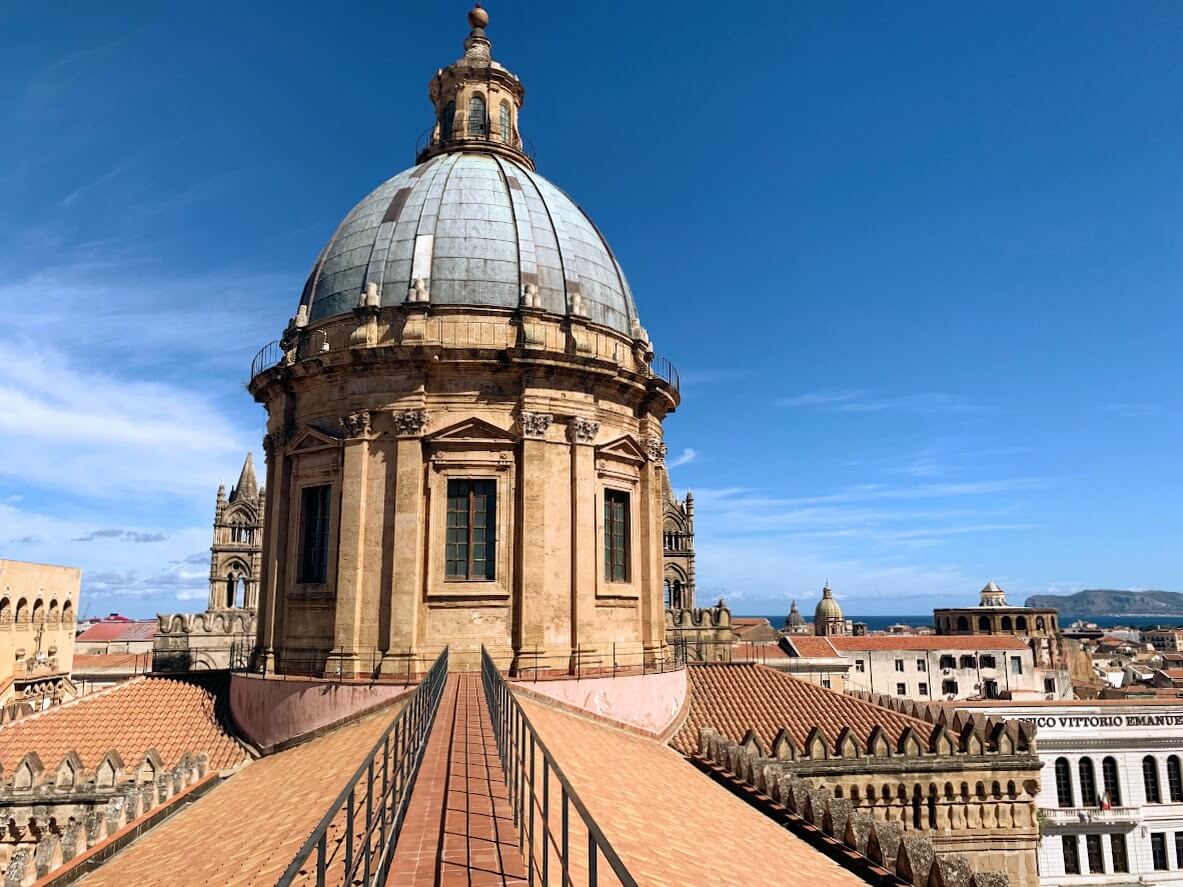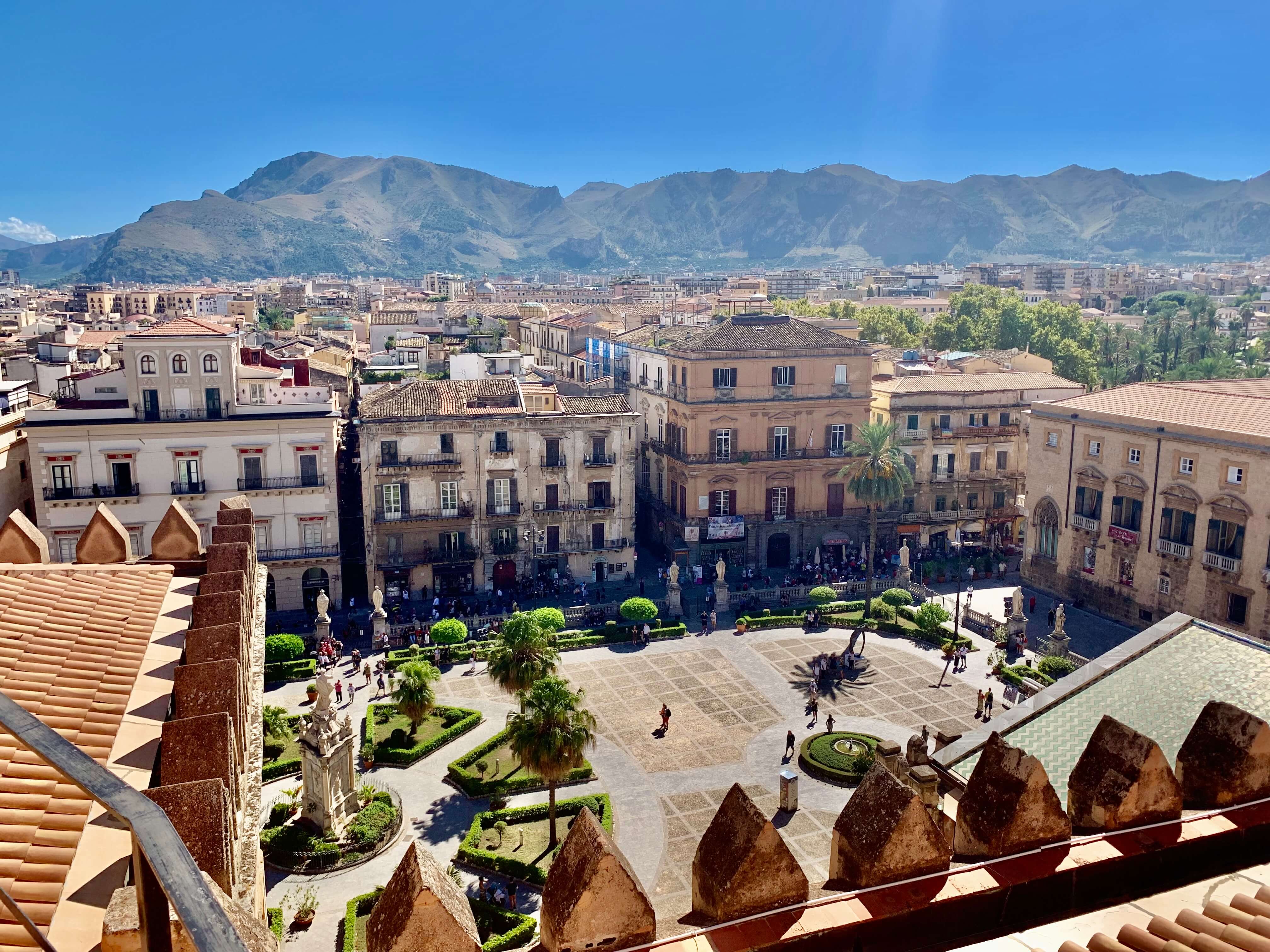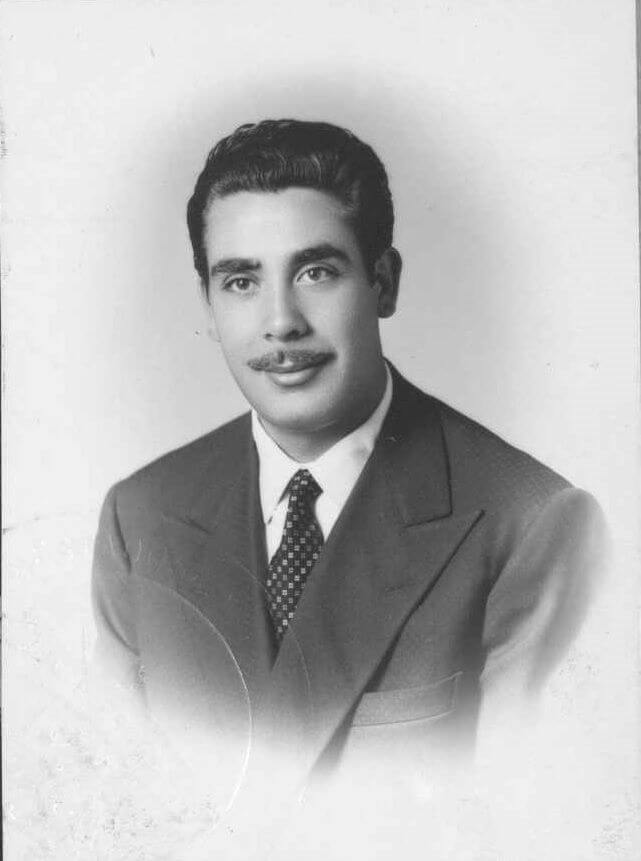- Home
- Main Cities in Sicily
- Palermo
- Palermo FAQ
palermo FAQ

Where's Palermo, Italy?
Palermo is in southern Italy, in the northwestern corner of the island of Sicily, on the shores of the Tyrrhenian Sea.
What's Palermo like?
Palermo is the largest city in Sicily. The rhythm of life is intense. Palermo never rests, and there's always something to see and do.
Palermo has many historical sites, more than other cities in Sicily. In Palermo, for example, you will find many historical monuments from the Norman period, such as the Palazzo dei Normanni.
Palermo is a good base for day trips to the surrounding area. There are many beaches nearby, the nearest of which is the seaside town of Mondello, half an hour's drive from Palermo.
Palermo has a lively nightlife and is known for its food culture, including street kitchens that are world famous.
Read more about Palermo and its attractions here. (If you haven't already.)
Why visit Palermo?
Palermo attracts tourists for its food, historical sites, many churches, shops, food, street kitchens, nightlife, and general lifestyle.
There are plenty of inside attractions in Palermo. This way, there are many things to see and do, even if the weather is cloudy or rainy. So it's a great place to visit in the off-season too.
When is the best time to visit Palermo?
The best times to visit Palermo are spring and early autumn. The weather is still warm but not extremely hot.
In summer, people tend to escape the heat to the beaches whenever possible. In the middle of summer, many businesses close their doors. This happens especially in August, which is a holiday month in Italy.
When is the rainy season in Palermo?
You can expect the most rain at the end of the year. The rainy season usually starts at the end of October. Most rainfall occurs between November and December.
The closer you get to spring, the more sunshine there is. The rainfall is usually not too bad in winter either. Every now and then, after a few cloudy days, there's always sunshine.
Which part of Palermo to stay?
If you think about the main sights, the area from La Kalsa to the Norman Palace is the best. You can go a little further north, towards Monte di Pienta. However, I wouldn't stay too far from the historic center.
On our first trip to Palermo, we stayed near the Teatro Politeama, and the daily walk to and from the sights started to take its toll towards the end of the week. The historic center is vast, and there is lots of walking within it.
The good thing about the areas north of the center - like Teatro Politeama - is that it's easier to find parking space there. In the very center of the city, it can be difficult, if not impossible.
The Vucciria area is also a good location for accommodation. It is also the center of nightlife, so maybe better avoid the busiest bar streets.
If you are looking for a cheaper option, you might consider the Ballaro area. At least if you are not afraid of little local color.
Ballaro has many poor people living there. The renovation work has not progressed as elsewhere in the historic center.
Still, there are also some quality accommodations there.
Which is better, Palermo or Catania?
Depends on what you're looking for. Palermo has more historical sites. Catania, then again, is close to some of Sicily's most popular beach destinations, such as Taormina.
Not to say there aren't any beaches near Palermo. The most popular of these is in the seaside town of Cefalu.
Both Palermo and Catania have lots of good places to eat, cafés and restaurants. Both are also known for their nightlife.
Because Catania is smaller, it's easier to take in. In Palermo, be prepared to walk. There are plenty of opportunities to do so, thanks to the extensive pedestrian streets.
Both cities are known for a certain grittiness. There is also poverty.
Much depends on what else you plan to do on your holiday. Few visitors to Sicily spend very long in one city.
Catania is on the east coast of Sicily, where Greek influences are strong. It is also close to Etna, Europe's largest active volcano.
Catania has good connections to Sicily's famous baroque towns: Ragusa and Noto. The sympathetic Syracuse is also close by.
Palermo is closer to the western part of Sicily. There, the influences are more Arabic due to the history. This is reflected in both the food and the sights.
The Normans also left many impressive historical monuments, such as castles and churches.
The food is good in both directions, albeit different. North African influences are more evident in the West than in the East.
Both cities have airports, so arrival is equally easy.
See Also:
Main Cities and Areas of Sicily
(Last updated October 16, 2023.)
Recent Articles
-
Sicilian Food - Rich Flavors, Endless Passion
Apr 09, 25 09:54 AM
All you need to know about Sicilian food, its ingredients and history. -
Things to Do in Palermo - Tips for a Perfect Holiday
Apr 05, 25 04:27 AM
Things to Do in Palermo - From historic landmarks to delicious food, this guide has it all. -
The Story of Tommaso Buscetta: From Mafia Boss to Key Witness
Mar 30, 25 05:12 AM
Tommaso Buscetta built Sicilian Mafia into a global empire - which he then destroyed.
Follow MANY FACES OF SICILY on Facebook, Instagram, Bluesky & Pinterest
Contact: vesa@manyfacesofsicily.com


